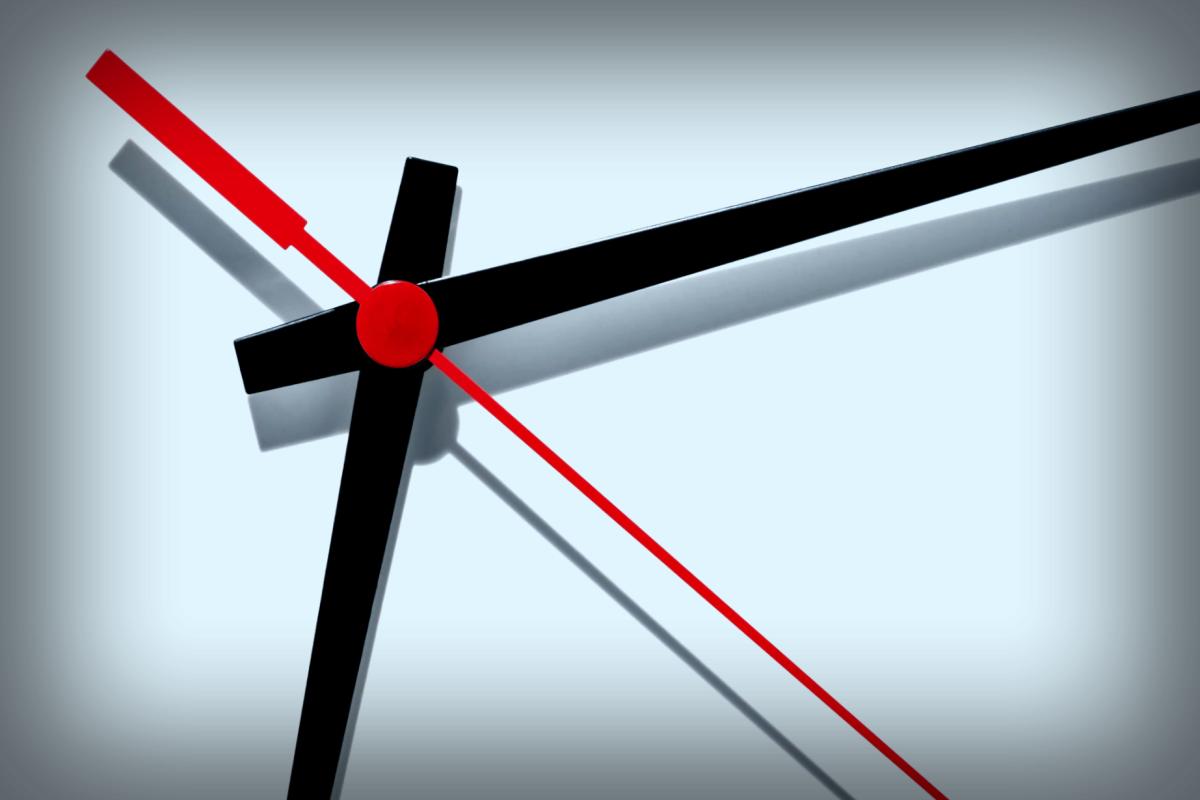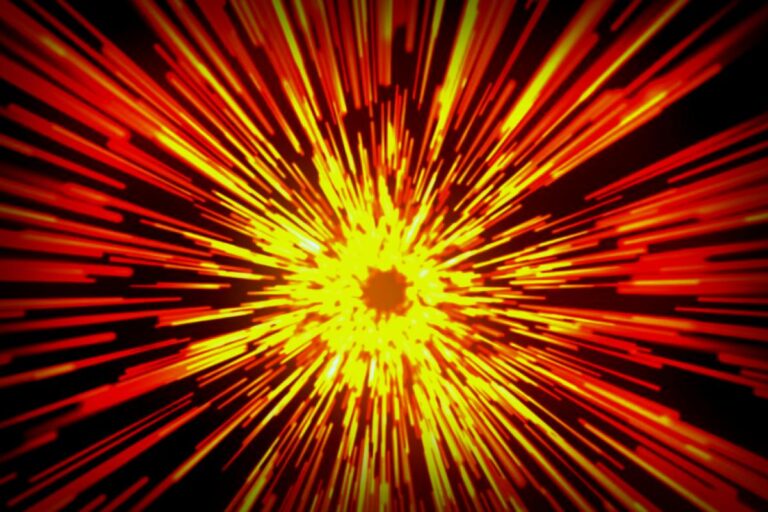
Something unusual is happening with our planet’s rotation—it’s speeding up, and frankly, no one seems to fully understand the reason behind it. Several times in the past few years, Earth has shown these little bursts of speed, and while it hasn’t really impacted our daily lives, scientists are certainly keeping an eye on it. The next occurrence is set for August 5, when we can expect a day that’s about 1.25 to 1.51 milliseconds shorter than usual.
As reported by Time and Date, these predictions stem from the collaboration of the International Earth Rotation and Reference Systems Service and the US Naval Observatory. Initially, the expected reduction was taller at 1.51 milliseconds, but it was later adjusted down to 1.25 milliseconds. Interestingly, this isn’t the first time we’ve seen this phenomenon happen this summer; we also experienced similar speed-ups on July 10 and July 22.
If predictions hold, the day on August 5, 2025, will claim the title of the third shortest day ever recorded, coming in behind June 30, 2022 (which saw a 1.59 millisecond speed-up) and July 5, 2024 (which clocked in at 1.66 milliseconds faster). If the numbers shift again, it just might surpass those two days as the most ridiculously short day ever.
For context, it usually takes about 86,400 seconds for Earth to get all the way around once. One millisecond is a teeny tiny fraction of that—just 0.001 seconds. So fear not, this little quirk isn’t going to make a noticeable difference in how we go about our day-to-day activities.
What’s Driving This Sudden Speed Increase?
There are a host of theories explaining this strange acceleration of Earth’s spin, but the leading supposition links it to the position of the moon in relation to our planet. When the moon orbits farther north or south of the equator, it could potentially play a role in our speed.
On the date in question, August 5, 2025, the moon is predicted to be considerably positioned south of the equator, which might just be the reason we see this boost in rotational speed. This effect is thought to have only short-term consequences for Earth’s orbit.
The Science Behind This Mystery
Experts are scratching their heads trying to make sense of why Earth is spinning faster than usual right now. Historically, around 245 million years ago, when dinosaurs roamed the lands, days were about an hour and a half shorter than how we understand them today. Since then, the brief cycle of Earth’s rotation has been gradually slowing down, largely due to the moon’s influence over our oceans. Records of this slowdown have been carefully tracked since 1973.
Yet recent data suggests that Earth has been speeding up instead. While the moon’s orbit solves most of the mystery, researchers are still trying to confirm exactly why this is happening. A recent study indicated that Earth’s core might have begun decelerating around 2010, setting the stage for these faster rotations, although solid confirmation is still lacking.
First published on August 5, 2025, at 3:14 p.m. PT.



















